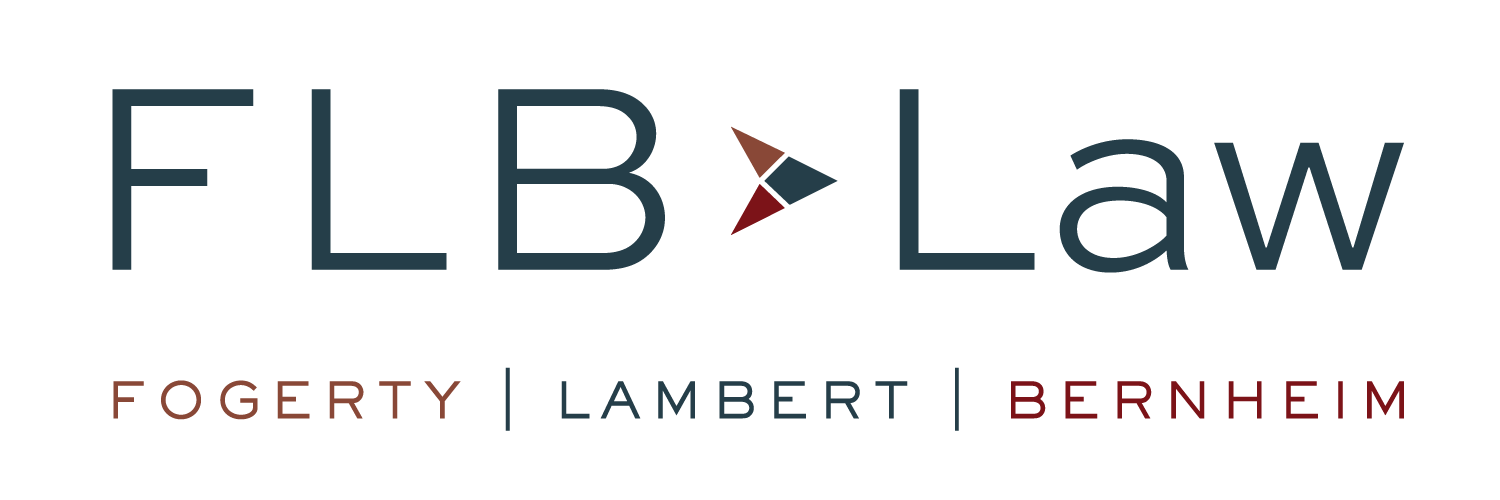What Connecticut Employers Should Know about New Federal Laws Protecting Pregnant, Nursing Employees
The federal government recently passed two workplace laws concerning the treatment of pregnant and nursing employees. Below is a summary of the Pregnant Workers Fairness Act (PWFA) and the PUMP for Nursing Mothers Act (PUMP Act) and how they will impact Connecticut employers. While state laws already provide many of these protections, the PUMP Act creates incremental litigation risks for Connecticut employers.
Pregnant Workers Fairness Act
The Pregnant Workers Fairness Act (PWFA), which goes into effect June 27, 2023, impacts employers nationwide with 15 or more employees. The PWFA requires covered employers to provide “reasonable accommodations” for an employee’s known limitations associated with pregnancy, childbirth or related medical conditions unless the accommodations cause the employer an “undue hardship.”
The PWFA clarifies federal law by saying that even though pregnancy is a temporary condition, employees with limitations related to pregnancy or childbirth that affect their ability to perform aspects of their jobs are entitled to reasonable accommodations, similarly to employees with disabilities.
What constitutes a reasonable accommodation will vary based on many factors and should be arrived at through an interactive process between the employee and the employer. They should discuss and decide which accommodations the employee needs to perform their job and whether the employer can reasonably make them. For instance, if an employee must be on-site in the office to perform their duties and asks to be home 90% of the time due to pregnancy complications, this would not be considered a reasonable accommodation. But if a pregnant employee struggling with morning sickness requests a schedule adjustment that allows them to start and end their workday an hour later, this could be reasonable in many situations.
How the PWFA Will Impact Connecticut Employers
The PWFA should not impact employers who operate solely in Connecticut as Connecticut state law has long equated protections for pregnant employees with those for employees with disabilities. Connecticut employers with any employees are covered under the state’s anti-discrimination laws and, therefore, should already be compliant with the new federal law. However, Connecticut employers with operations in other states will need to ensure they make necessary adjustments to their policies in those jurisdictions by June 27, 2023.
If employees believe their employer is not following either federal or Connecticut state law regarding pregnancy-related rights, they are required to exhaust the administrative process before they can sue their employer in court. In Connecticut, that means filing a complaint through the Connecticut Commission on Human Rights and Opportunities (CHRO) or the Equal Employment Opportunity Commission (EEOC).
PUMP for Nursing Mothers Act
The PUMP Act, which applies to employers with 50 or more employees, expands the protections for nursing mothers built into the Affordable Care Act of 2010 to include all employees, not just non-exempt (typically salaried) employees.
The PUMP Act requires covered employers to provide a private area, other than a restroom, and reasonable break time for new parents to breastfeed or express breastmilk for up to one year after giving birth. In addition, nursing employees must be able to use the space without fear that someone will walk in. The space can be the employee’s office if it has a door that locks, a dedicated lactation room, or a location used for multiple purposes if it is shielded from view and available for private use when needed by the employee.
The law also requires that employers pay both salaried and hourly employees for the break time if they can continue working while pumping. For instance, an employee can sit in their private office and take phone calls while expressing breastmilk. However, if hourly employees are not able to work while they pump and do not have paid breaks, the employer is not required to pay them for the break time.
PUMP Act Provides Employees with New Legal Recourse
The PUMP Act provides an additional legal recourse option to nursing employees who believe their rights have been violated. Employees can directly sue their employer for PUMP Act violations without first exhausting the administrative process. However, the employee must notify their employer 10 days prior to the impending lawsuit to give them a chance to correct the situation within those 10 days.
This litigation provision is a significant change from previous federal law and Connecticut laws protecting the rights of nursing parents, which the CHRO enforces.
With the increased risk of litigation, employers with 50 or more employees should review their workplace nursing policies to ensure they comply with the PUMP Act. Parts of the PUMP Act were effective December 29, 2022, while the law takes full effect April 28, 2023.
The Takeaway for Connecticut Employers
It is important for Connecticut employers to get out in front of these and other workplace laws to protect their interests and do the right thing for their employees. As an employer, you want to demonstrate that you are family-friendly and supportive of your employees with families.
Also, let your employees know that these protections are available for pregnant and nursing parents and that you are happy to provide them. And if a complaint about your treatment of pregnant or nursing parents should come to your attention, address it immediately. An employment discrimination case can be built on an employer ignoring a complaint, even if it lacks merit.
Joshua M. Auxier, a partner at FLB Law in Westport, Conn., is a litigator with nearly two decades of experience representing clients in professional liability, directors and officers liability, and general liability matters, including representing employers in employment law matters. Contact Josh at auxier@flb.lawor 203.635.2200. For more information about FLB Law, click here.

